Issue 25 - Spring 2025
Farewell from the Chiefs
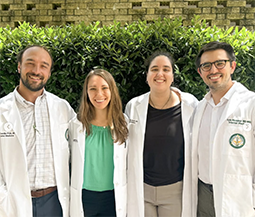
By: Chief Medical Residents
It is interesting how a year initially seems very long until you begin reflecting upon it. Suddenly, you begin to realize all the things that have changed in such a short amount of time. As we look back at our chief year, we proudly reflect on how our residents have grown and the ways our program has developed to support them.
Read more
Lessons on Life: What My Patients Have Taught Me
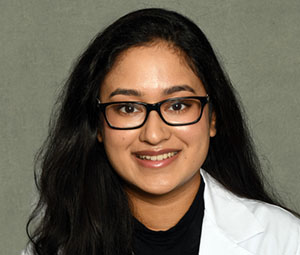
By: Sahana Shiggaon, PGY2
As physicians we spend countless hours at the bedside, teaching our patients to better understand their health conditions and empowering them to make informed decisions. However, as I advance through my medical training, I find that more often than not, I leave the patient's room having learned valuable lessons myself. These lessons have come in various forms. Some subtle, conveyed through seemingly casual remarks, and others more deep insights from life. Among these, two particular lessons have stood out to me over the past year.
Read more
Foundations Under Pressure: From Challenges to Solutions in Primary Care
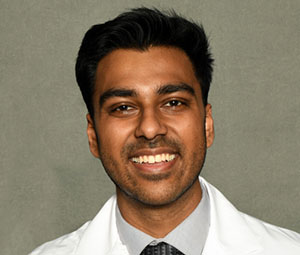
By: Akhil Gonuguntla, PGY2
Primary Care, while taken for granted in favor of more decorated fields of medicine, it serves as the first and, arguably, the most important point of contact with the healthcare system. Outside of providing preventative care, primary care represents an opportunity to fortify trust in and engagement with the system. Throughout residency, I’ve come to appreciate the different forms of primary care that is available to cater to various populations.
Read more
A Reflection on Grief & Compassion
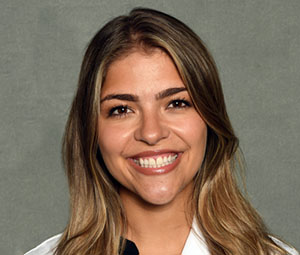
By: Haley Thigen, PGY2
I had always heard that grief changes everything. I can still remember walking up the stairs of the apartment I had lived in for years after my brother died, and the place was completely unrecognizable- like I had never been there before. My reality would never be the same, and I knew I would give anything to return to what it had been.
Read more
UAB House Calls
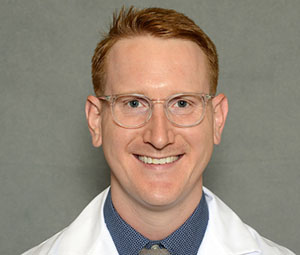
By: Austin Oslock, Med-Peds PGY4
“Thank you for taking the time to come see me,” the patient says with tears streaming down his face. You can see the gratitude in his eyes and hear it in his voice. Such appreciation felt for a simple doctor’s visit. The 35-year-old man sitting across from me weighs over 300 pounds and is wheelchair dependent. He hasn’t left his house in more than 6 months, except by ambulance.
Read more
From case to life in the ICU
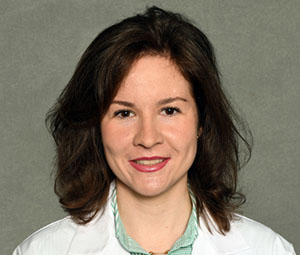
By: Jennie Hamilton, PGY2
The poem is based on an ICU patient that I helped cared for in the UAB MICU. The patient came to us essentially in multi-organ failure and did not have any close family or visitors. We all thought of her as a very sad "case." Just as life support was withdrawn, a friend from her nursing home visited unexpectedly and held her hand and talked to her as she passed -- bringing the patient to life in a sense.
Read more
Faculty Spotlight: Kelly McMaster M.D., MBA
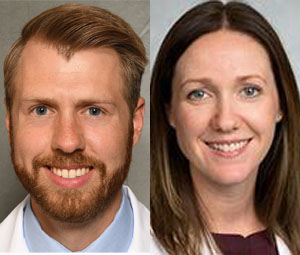
By: Griffin Selch, PGY3
Dr. Kelly McMaster grew up in the Dallas-Fort Worth area of North Texas, attended the University of Oklahoma for undergraduate studies and completed medical school at Texas Tech University Health Sciences Center. After internal medicine residency here at UAB, she joined the faculty at Texas Tech where she practiced outpatient primary care and taught hospital medicine in Amarillo, TX. In October 2024, Dr. McMaster was recruited back to UAB as an Assistant Program Director for the residency program with a focus on ambulatory care. We met to discuss her life, training and the importance of good primary care!
Read more